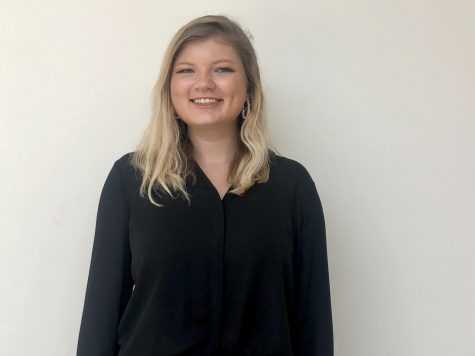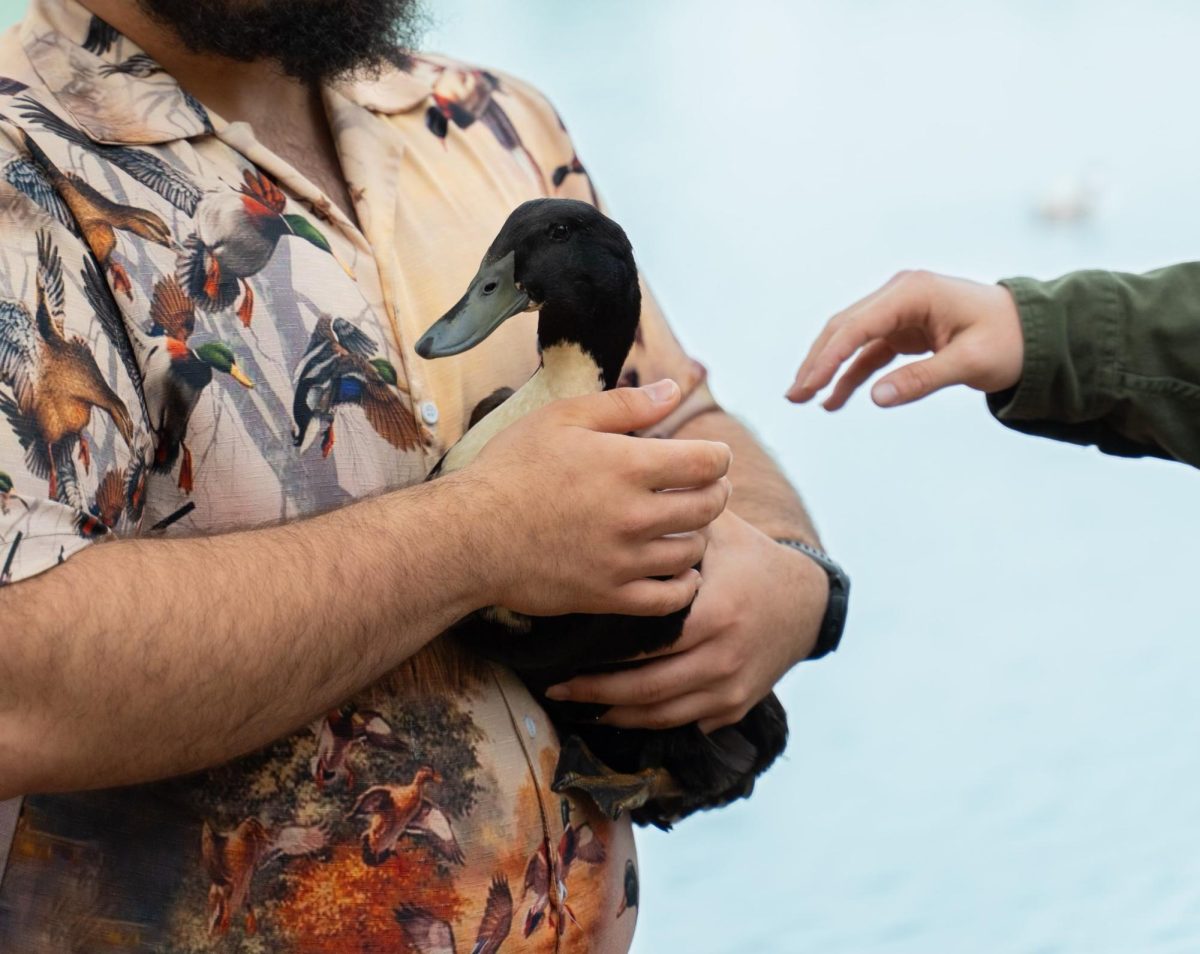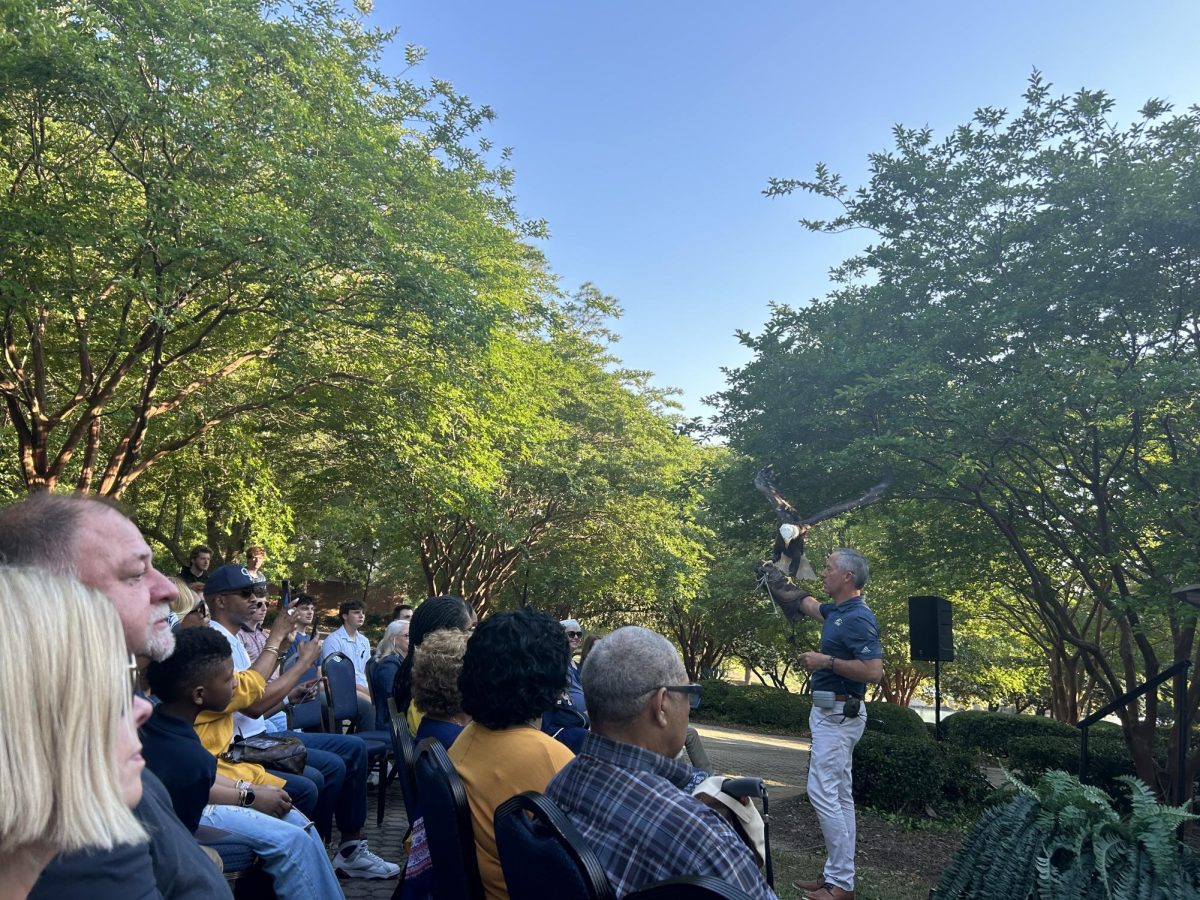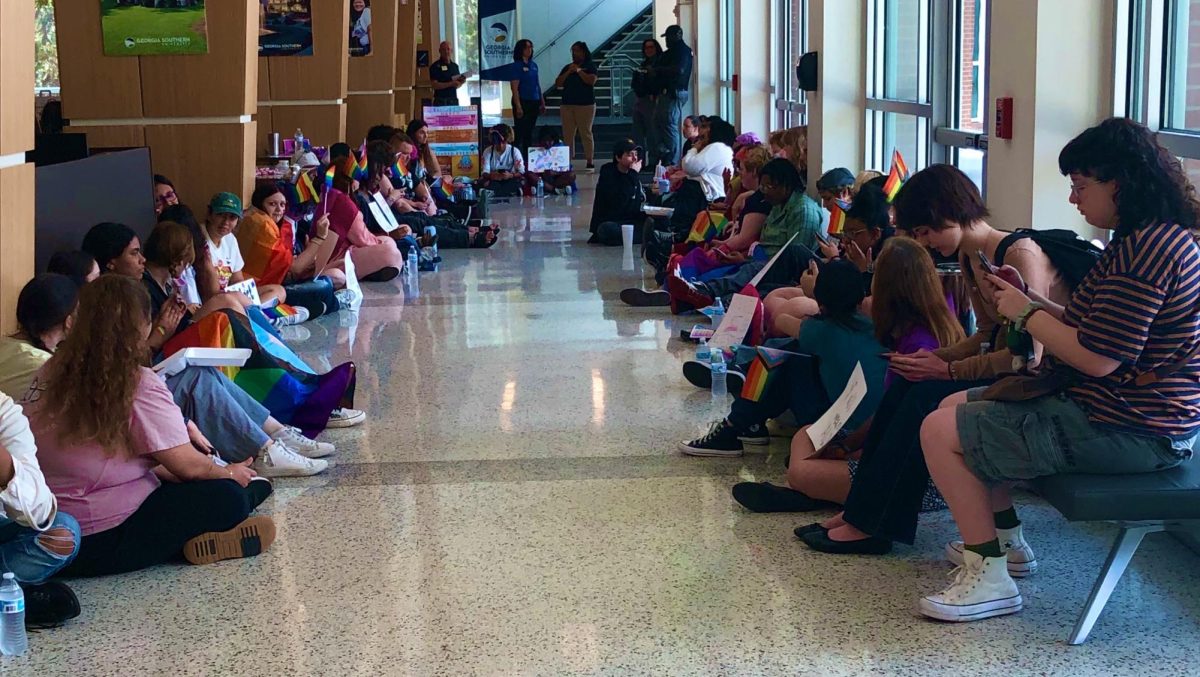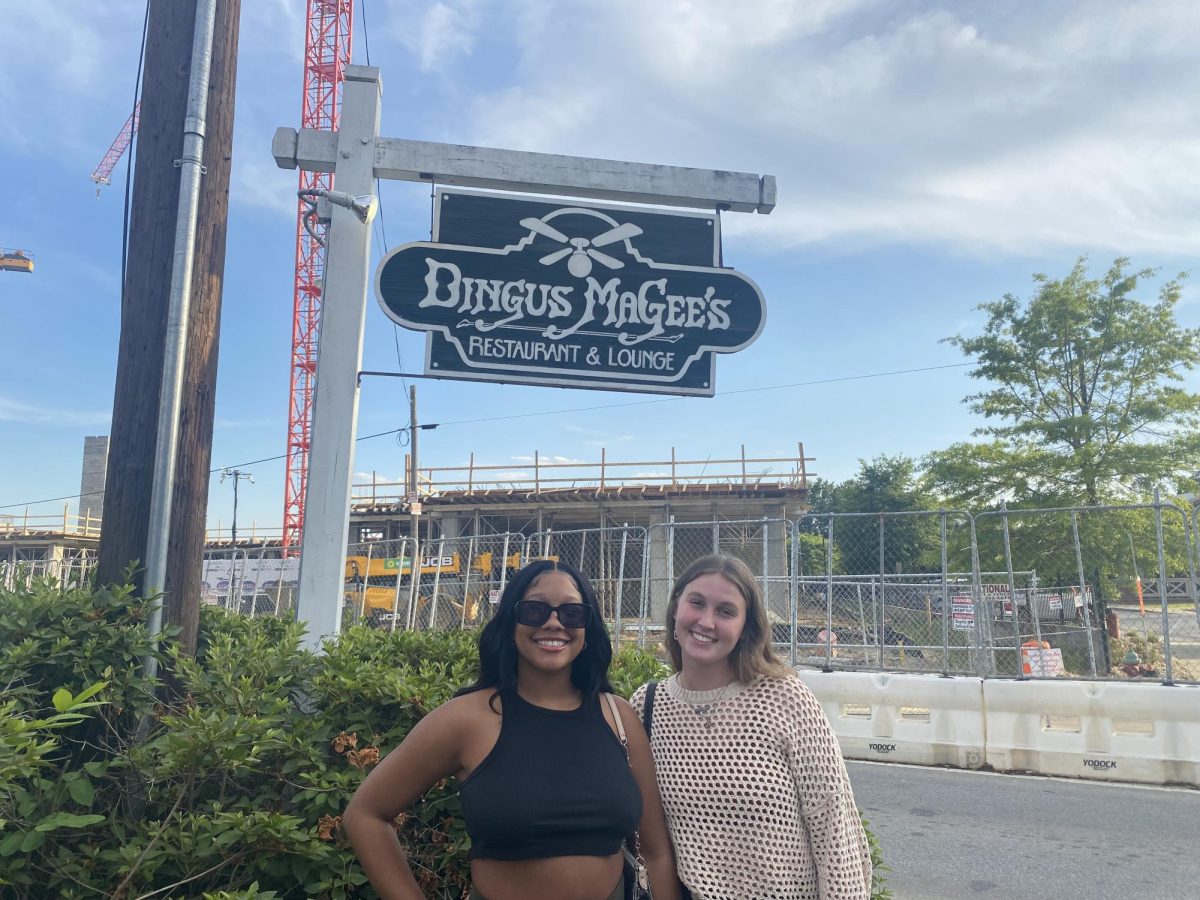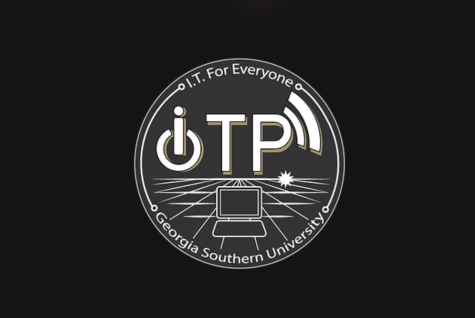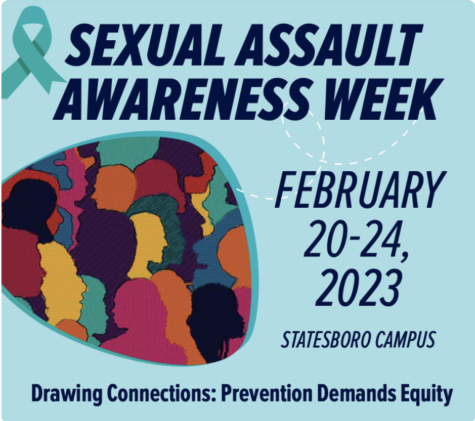A Look Into Your Future: Graduate School
February 12, 2019
For some undergraduate students, graduate school is the next step. It’s important to start preparing early.
Georgia Southern has some resources that can help with students preparing to go to graduate school. Adam Martin, the Assistant Director of Career Development for the Office of Career and Professional Development, provided insight on what students should do now to start preparing for the future.
“If you don’t come from a family that that’s an expectation that you go on to those next steps, it can be a bit daunting,” Martin said, explaining that The Office of Career and Professional Development helps breaks down the process into manageable pieces for students.
Start Early
Martin said the earlier students start and ask questions, the better off they’ll be.
“If you’re trying to apply for graduate school or even when you’re trying to decide what college you want to go to, we don’t want to procrastinate on these things,” Martin said. “We don’t want to make rash decisions or rushed decisions so the more we can get out ahead of things, I think the better we’re going to be because we’re not going to have that stress on the back end of things … ”
Do Your Research
Are you looking for a school close to your hometown? What about one that offers a fellowship? Are you required to have a certain number of service hours?
Each college that offers graduate programs have areas on their websites where you can find specific information. Each school and program have different requirements and opportunities.
“The other thing that we do that I think is important is just giving student the space to talk about and explore the things that are important to them as it pertains to graduate school,” Martin said.
Take the GRE
The GRE is the graduate record exam. Depending on what college and program you apply to, it may be required.
“The GRE is a multiple-choice, computer-based, standardized exam that is often required for admission to graduate programs and graduate business programs (MBA) globally,” according to Kaplan.
ETS can find test center locations as well as ID Information and more: https://www.ets.org/gre/?WT.ac=etshome_gre_flagship_180417
CV Building/Writing
It’s important that undergraduates start to build their resume. Even if you feel as if you don’t have enough to add, it can be a good idea to see what you’re missing and need to work on, whether it be getting involved in organizations, experiential learning or internships.
A curriculum vitae (CV) is different than a resume. “A curriculum vitae, or CV, includes more information than your typical resume, including details of your education and academic achievements, research, publications, awards, affiliations, and more,” according to The Balance Careers.
The Balanca Careers offers CV samples and writing tips: https://www.thebalancecareers.com/cv-samples-and-writing-tips-2060349
“We do have resources about CVs, or curriculum vitae, so we can help students compose those documents, help write statements of purpose–things like that–depending on their area of interest,” Martin said.
The Office of Career and Professional Development has professionals divided up by colleges, so a student would meet with a career development specialists ideally trained to help them transition into a graduate program in those particular fields, Martin explained.
Martin said not every graduate program is the same, and not every student is made for every single program offered. Martin explained they help students find out what’s important to them and how to engage in that process.

